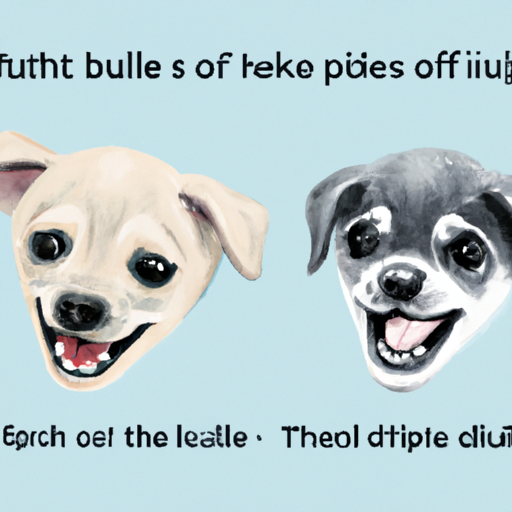Introduction
If you’re a pet parent, I bet you’ve wondered how your little pup’s teeth transform into those of an adult dog. It can be as intriguing as it is vital to understand this process. This guide will take you through everything you need to know about puppy teeth and adult dog teeth.
Understanding the Teething Process
Just like humans, puppies also go through a teething process. But unlike humans, this process is quite rapid.
- Birth to 2 weeks: Puppies are born without teeth.
- 2 to 4 weeks: They start growing their baby (deciduous) teeth.
- 4 to 6 months: Their baby teeth start falling out, making way for adult teeth.
In the end, your puppy will have 42 adult teeth compared to the 28 baby teeth they started with.
Differences Between Puppy Teeth and Adult Teeth
When comparing puppy teeth to adult teeth, there are a few fundamental differences.
- Type of Teeth: Puppies have 12 incisors, 4 canines, and 12 premolars. Adult dogs, however, have 12 incisors, 4 canines, 16 premolars, and 10 molars.
- Sharpness: Puppy teeth are needle-sharp, designed to stimulate the mother’s milk flow. Adult teeth, on the other hand, are comparatively less sharp but more robust to aid in catching prey, chewing food, and defending themselves.
| Puppy Teeth | Adult Teeth | |
|---|---|---|
| Incisors | 12 | 12 |
| Canines | 4 | 4 |
| Premolars | 12 | 16 |
| Molars | 0 | 10 |
Signs of Teething in Puppies
Recognizing the signs of teething can help you provide the necessary comfort and care for your pup. Some signs include:
- Chewing on everything
- Excessive drooling
- Slight fever
- Loss of appetite
- Irritability
Taking Care of Your Puppy’s Teeth
As your puppy transitions to adult teeth, it’s crucial to maintain good dental hygiene. Here are some tips:
- Start brushing your puppy’s teeth early. Use a toothpaste suitable for dogs.
- Offer safe chew toys to soothe their teething discomfort.
- Maintain a balanced diet. Dry kibbles can help clean your puppy’s teeth.
Dental Care for Adult Dogs
Just like puppies, adult dogs also require regular dental care to keep their pearly whites healthy.
- Brush their teeth regularly using dog-friendly toothpaste.
- Offer dental chews that can help reduce tartar and plaque buildup.
- Regular checkups with the vet can ensure optimal dental health.
When to Consult a Vet
If you notice any of the following symptoms, it’s time to consult your vet:
- Bad breath
- Excessive drooling
- Loss of appetite
- Red, swollen or bleeding gums
- Difficulty in chewing or dropping food
Frequently Asked Questions (FAQs)
What should I do if my puppy’s teeth are not falling out?
Sometimes, a puppy’s teeth don’t fall out naturally and become retained. This can cause problems when the adult teeth begin to grow. If you notice this, consult your vet.
Is it normal for adult dogs to lose their teeth?
Adult dogs should not lose their teeth. If you notice this, it could be a sign of dental disease, and you should contact your vet immediately.
How often should I brush my dog’s teeth?
Ideally, you should brush your dog’s teeth daily, but if that’s not possible, aim for at least 3-4 times a week.
What can I give my teething puppy to chew on?
Provide your puppy with safe, puppy-approved chew toys. Avoid hard materials that could damage their baby teeth.
Are dental chews safe for my dog?
Yes, dental chews are safe and beneficial for your dog’s dental health. However, it’s essential to choose the right size and monitor your dog while they’re chewing to prevent choking.
By understanding the transition from puppy teeth to adult teeth, you can ensure your furry friend maintains a healthy, happy smile throughout their lifetime.



